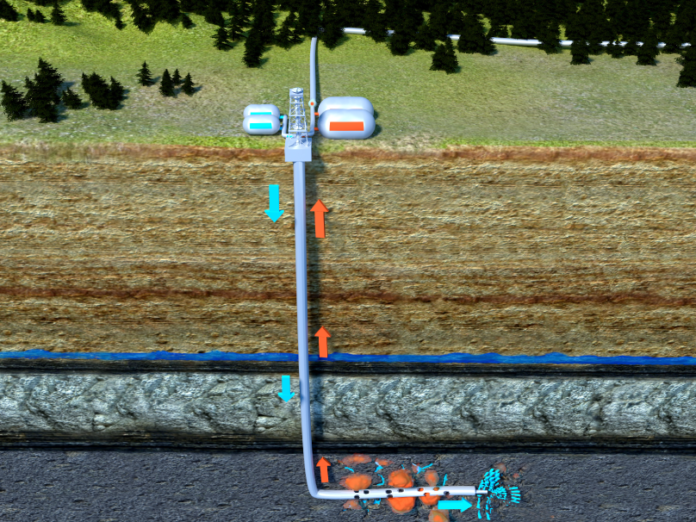If you follow my blog or my practice, you know that I consider environmental toxins as “Public Enemy Number One”. We can take measures to minimize toxins in our homes, but in the outside world, look out. It’s a complicated world out there, with competing needs, regulations, and information.
One area with potential negative health impacts has really heated up in recent years. That area is fracking. Just hearing and reading all the dissenting opinions on the subject might give you a headache — but that’s not the negative health effect I’m talking about!
Read on to learn what you need to know about fracking and health.
Fracking In Your Backyard
Fracking, short for hydraulic fracturing, uses hydraulic pressure to drill into shale and extract natural gas. The fracking process uses a tremendous amount of water and has been associated with earthquakes. But, as a physician, my main concern is how fracking can affect your health.
Though it’s been used since 1947, a fracking boom is underway today across the U.S. It takes place in nearly half of U.S. states, and even more states hold resources that could attract drillers. Familiarize yourself with where fracking takes place near you and where it could take place in the future.
Should I Worry?
Drilling companies extract oil and gas by forcing water, sand, and a mix of chemicals into horizontally drilled wells. Some of those chemicals are well-known carcinogens. Although there haven’t (yet) been a lot of studies demonstrating a connection between fracking and health, consider this: We don’t even know what many of the chemicals are, because this is considered a trade secret of the drilling companies.
Existing Research
What we do know is less than encouraging. According to Physicians for Social Responsibility, wellheads may leak methane, a greenhouse gas dozens of times more potent than carbon dioxide. That’s one reason Physicians for Social Responsibility has called for a moratorium on the practice, until adequate protections for human health and the environment are put in place.
Researchers at the Colorado School of Public Health, University of Colorado, analyzed existing research on health risks to people who live near fracking operations. They found increased health risks closer to the drilling sites.
A 2014 Yale study included 180 randomly selected households near fracking operations in Washington County, Pennsylvania, who got their water from wells. Researchers found these people more likely to suffer from skin and upper respiratory issues.
A 2011 study published in the journal Human and Ecological Risk Assessment examined the potential health impacts of oil and gas drilling. They listed 632 chemicals that drilling operations in the U.S. are known to use. The research found that:
- 75% of the chemicals could affect the skin, eyes, respiratory and gastrointestinal systems
- Approximately 40–50% could affect the brain/nervous system, immune and cardiovascular systems, and kidneys
- 37% could affect the endocrine system
- 25% could cause cancer and mutations
The National Institute of Environmental Health Sciences studies people who actually work at fracking sites. They report risks for silica sand inhalation and exposure to chemical spills. Accidental chemical spills may expose workers to compounds used, and exposure from flowback of volatile hydrocarbons which they call “acutely toxic.”
The Future
The researchers in the Human and Ecological Risk Assessment study above noted that many of the health risks may not show up immediately. Eventually, we will see longer-term studies as researchers continue to collect data. Remember, asbestos was commonly used for at least 50 years before we fully understood its harm. Lead paint use peaked in the 1920s, but the federal government didn’t ban it until 1978.
What To Do
The best thing you can do for yourself and your family is to protect your overall health. Exercise, eat a healthy diet, and take any supplements you need. Doing so improves your body’s defenses and your ability to resist health threats.
Next, learn where fracking takes place, in relationship to where you live. If you plan to relocate in the future, consider the potential risks.
Finally, get involved with community activism! If the public demands further research on fracking and other similar practices, change can happen. Educate yourself and your family about how and where to speak out. Perhaps soon we will better understand and appreciate the connections between fracking and health.
—
Photo credit: animaxx3d / bigstock.com









I live in an area where Fracking is being is being used. I understand about the issues with having a non alcoholic fatty liver. Thank you for this wonderful information.
Hello Ms. Purifoy,
Thank you for your kind words.
I wish you the best of health!
Dr. Maxwell